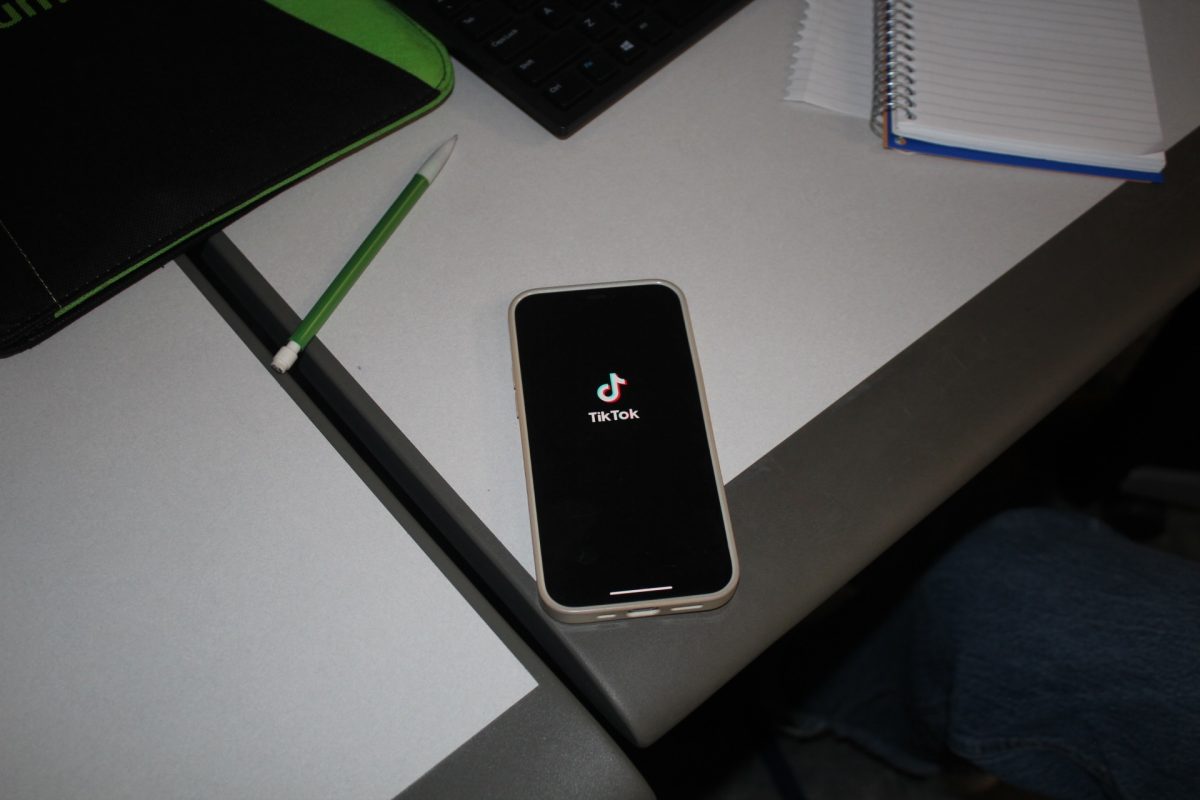The Summer Olympic Games are simultaneously a celebration of the most elite athletes in the world and a centuries-long tradition that is different every time it occurs. Held 29 times over the past 128 years, the Summer Olympics return this summer to Paris, France. However, this event is not without controversy.
The Olympics have a long history, with the first modern Olympics taking place in Athens in 1896. However, the original Olympic games can be traced back to 776 BCE. One of the most important Olympics to occur, according to Britannica Online, took place in Paris in 1924. Some consider these games as the coming of age for the Olympics.
One hundred years later, the Olympics will return to the city of Paris. But some fear these games might not be as spectacular as the original in Paris.
The first concern is about security. This year’s opening ceremony will be the first one in modern history to take place outside of a stadium setting, occurring instead on Paris’ Seine River, with athletes from all over the world floating down the Seine on boats dedicated to each country. The ceremony is also free to attend, allowing anyone to watch. Early estimates suggested that over 600,000 people are planning on attending, although recent changes to limit the security risk have lowered the number of people who can watch the opening ceremonies to 320,000, according to an Agence France-Presse article published on Barrons.
In comparison, the London 2012 opening ceremony only had a showing of 80,000 spectators, meaning that the crowds for the 2024 event could produce a security nightmare. According to Inside the Games, French leaders plan to deploy about 35,000 security staffers to monitor and control the area and hire 20,000 more security guards for the games.
According to the Associated Press, a new surveillance system will be in use for the 2024 games. It will include artificial intelligence software using footage from security cameras to detect suspicious or dangerous situations. While this new technology may make the games safer, people are concerned with the resulting privacy issues as some say artificial intelligence risks automating discrimination against already overpoliced areas. One human rights group, Amnesty International, has expressed concerns that this may present unacceptable risks to fundamental rights, such as the right to privacy, the freedom of assembly and association, and the right to non-discrimination.
“It will lead to an all-out assault on the rights to privacy, protest, and freedom of assembly and expression,” said Amnesty International advisor Mher Hakobyan.
Meanwhile, some fear that outside conflicts, such as the Russia-Ukraine and Israel-Hamas wars, may filter into the games. While these wars may be thousands of miles away, the Olympics is a major international event and could be a big stage on which to perform acts of terror. Terrorism during the Olympics in the past 128 years since the first modern Olympics is not unheard of, with the most notable attack being in Munich in 1972 when a Palestinian militarist group killed eleven Israeli athletes and coaches and one West German police officer.
Next of concern among some are issues including transportation snarls, the costs of attending the games, and hospitality issues which include bed bugs. Paris has recently been having a resurgence of bedbugs, with these pests spotted in the Paris Metro, on high-speed trains, and at Paris’s Charles de Gaulle Airport. All of these places will be frequented by thousands of spectators and athletes, so critics have called on the national government to eradicate the pests before they spread further.
“The state urgently needs to put an action plan in place against this scourge as France is preparing to welcome the Olympic and Paralympic games in 2024,” said Emmanuel Gregoire, the capital’s deputy mayor.
Why exactly is this problem occurring, and what is the Paris government doing to stop it? In the past, a potent insecticide called DDT (dichloro-diphenyl-trichloroethane), was widely used. However, it has since been banned for being harmful to the environment. The ban on the pesticide has resulted in the appearance of more bedbugs.
French government officials have been working to get rid of this problem since 2020 when they introduced a bedbug hotline and website dedicated to chronicling outbreaks of the insects. Another precaution includes creating a dedicated task force.
A final issue is public transport. The transport planning committee for the Paris Games has promised that public transport will be available for all Olympic events, with bus, metro, and train network availability increasing by 15% compared to normal. Still, will it be enough?
“There will be places where transport will not be ready because there will not be enough trains and not frequently enough,” said the Mayor of Paris, Anne Hidalgo.
While these problems may seem irrelevant to Americans, most of whom will not be traveling to Paris to watch the games, they are still issues that Paris is attempting to address before the lighting of the torch.
Viewers who want to watch the competition from the comfort of their homes can see the games broadcast for free on NBC and streamed on Peacock. Events will take place between July 26 and Aug. 11. Spectators who want to watch the events live will have to wake up early, as Paris is six hours ahead of Virginia.
For more information on the Olympics, check out these news sources:







